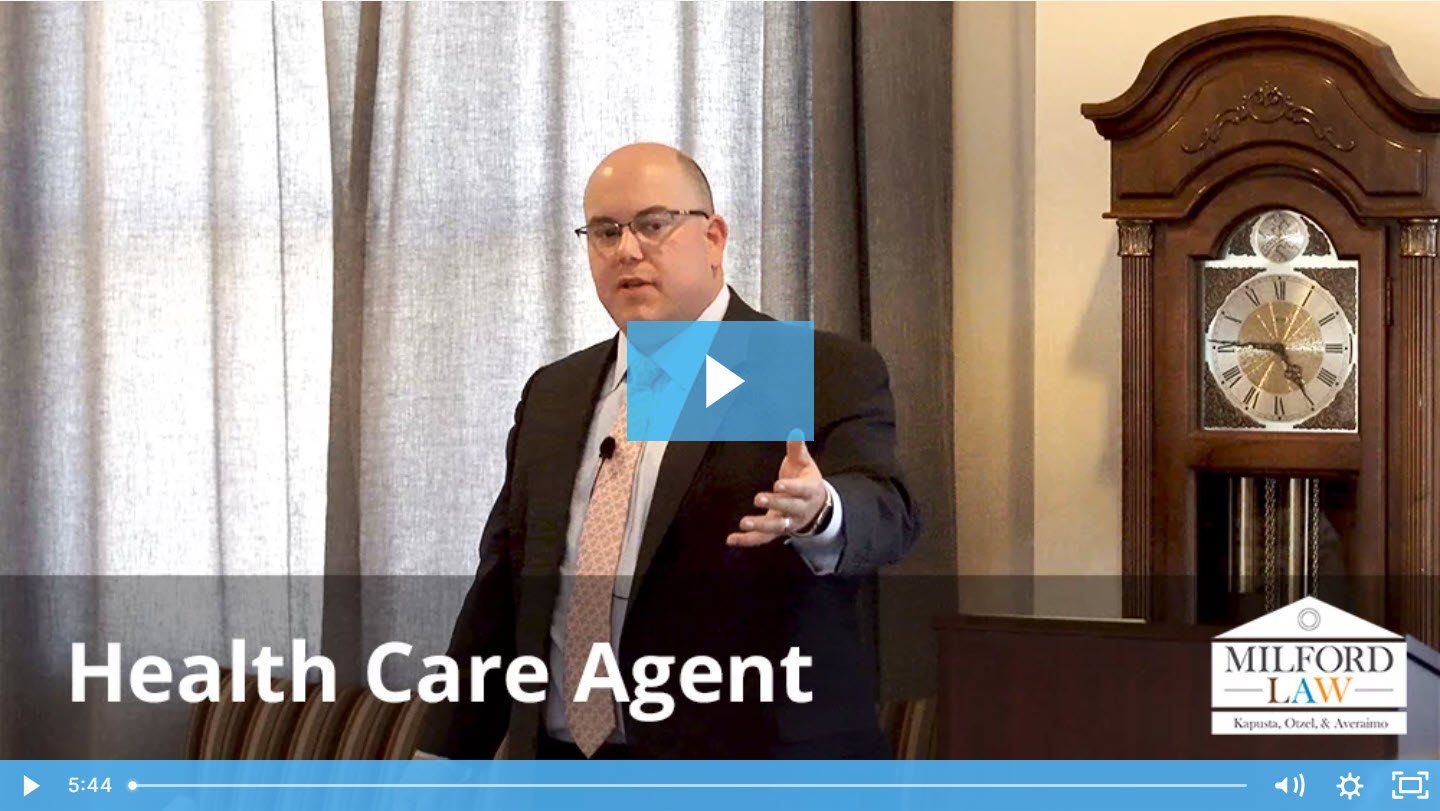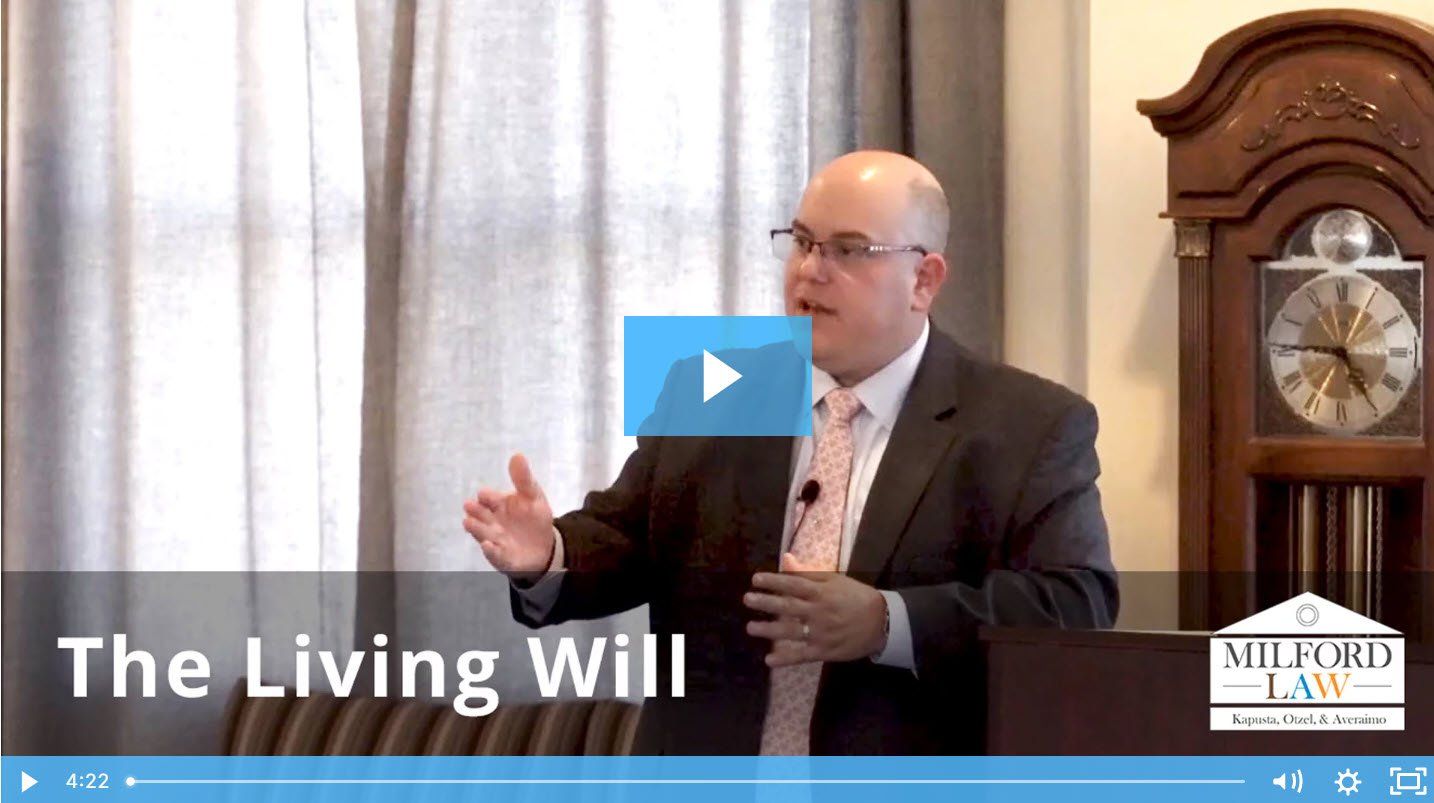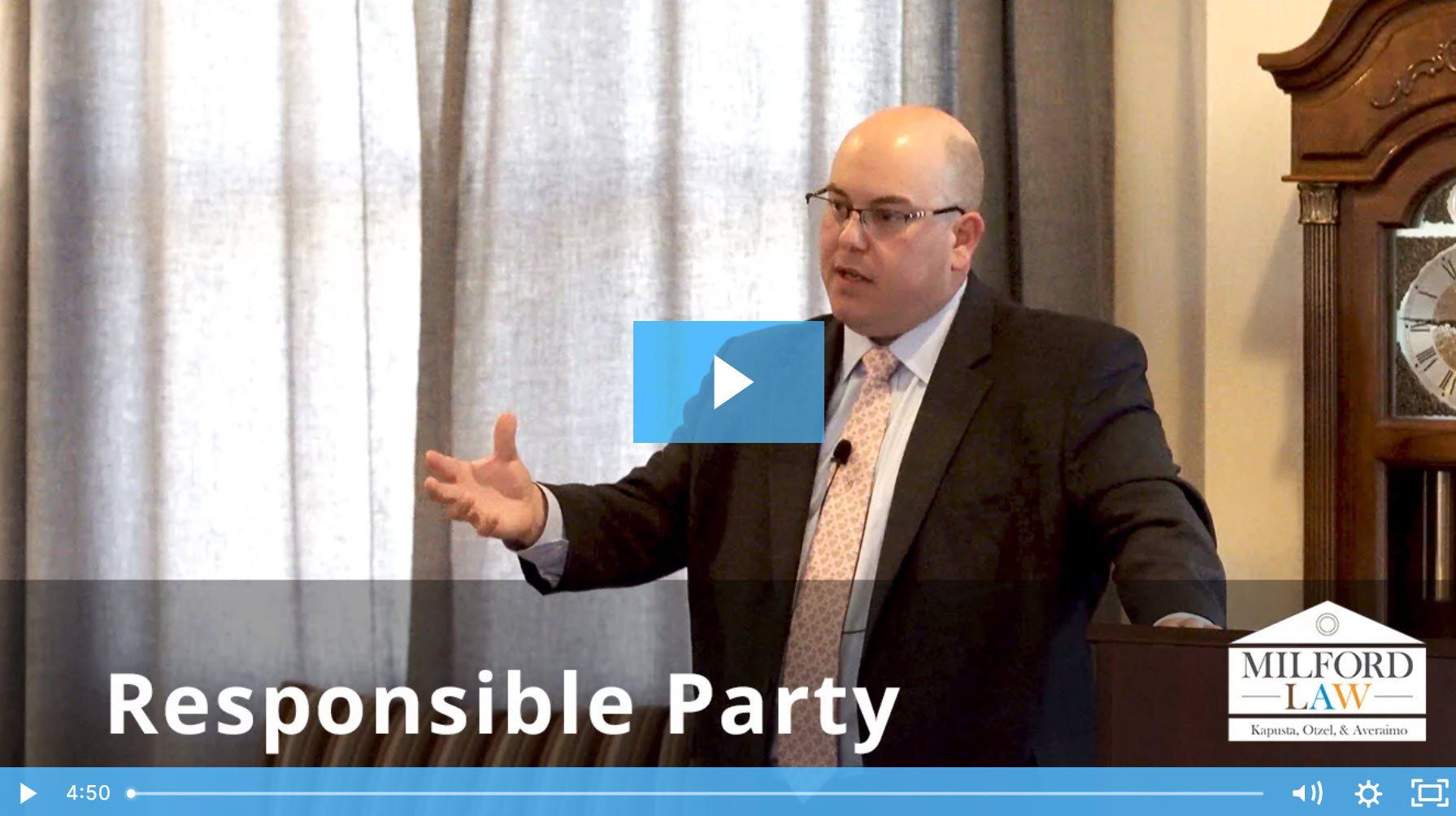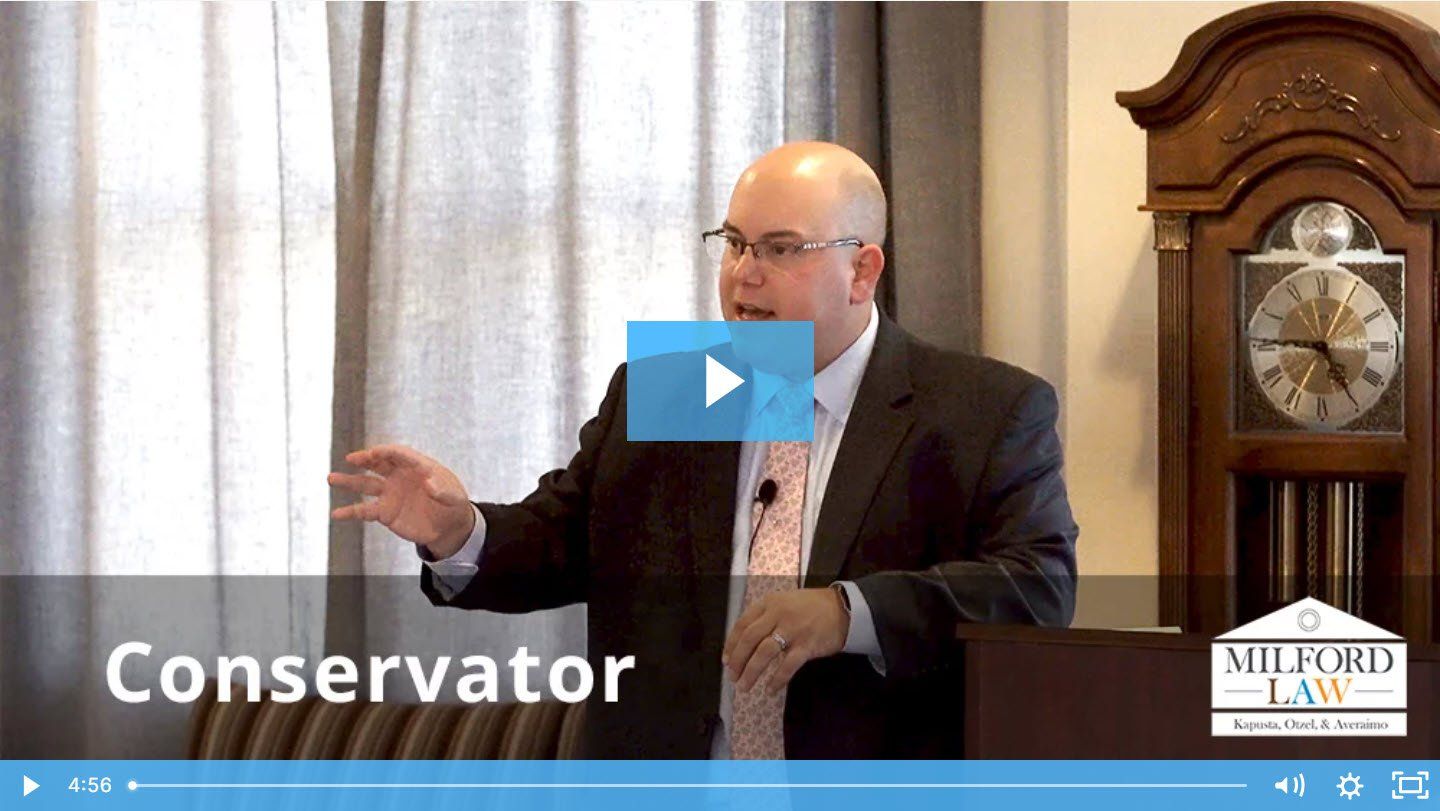Hold Your Property in a Way to Achieve Your Estate Planning Goals
How you own property can have an effect on whether or not you can achieve your estate planning goals
When we meet with clients to begin estate planning, we want to know about how their property is owned. Most people may not realize that how you own property can have an effect on whether or not you can achieve your estate planning goals. For example, if you own a property in survivorship with someone else, such as a spouse, then on your death it will automatically vest and would not need to be included as part of an estate plan. The same goes for bank accounts or a product like a life insurance policy where you need to designate a beneficiary.
The point is that your will is not the only tool available to help you achieve all of your estate planning goals. The will is a big tool in the toolbox, but there are many different ways to achieve your goals. A hybrid approach of designating beneficiaries in your will in addition to naming certain beneficiaries on assets like IRAs, 401Ks, life insurance policies, or other assets could better help you achieve your estate goals. The key, as always, is having the right team of professionals in place to really help you understand your goals so that they can be achieved through the estate plan.
Another tool to be utilized is what is known as a letter of last instruction. Essentially this is a personal letter or a love letter to your family members that's placed within your important documents or with your last will and testament. While it does not have any specific legal significance it can be effective in helping to organize matters upon your death. Typically it will provide important info for your loved ones like the location of your personal documents, financial papers, and your accounts, as well as provide the names and contact info for family, personal friends, financial and legal professionals who need to be notified upon your death. A description of your general intent and preferences for your funeral and burial can also be included. Depending upon how specific you would like to make this letter of last instruction, it may or may not be appropriate to actually include it within your last will and testament.
At the end of the day, it's all about thinking about what you want to have happen, knowing who you want your beneficiaries to be, knowing what you'd like to see happen upon your death and having a very truthful conversation with yourself on what the next five to ten years of your life may look like.
Watch the full Estate Planning Seminar - Part 1:
Milford Law Articles











